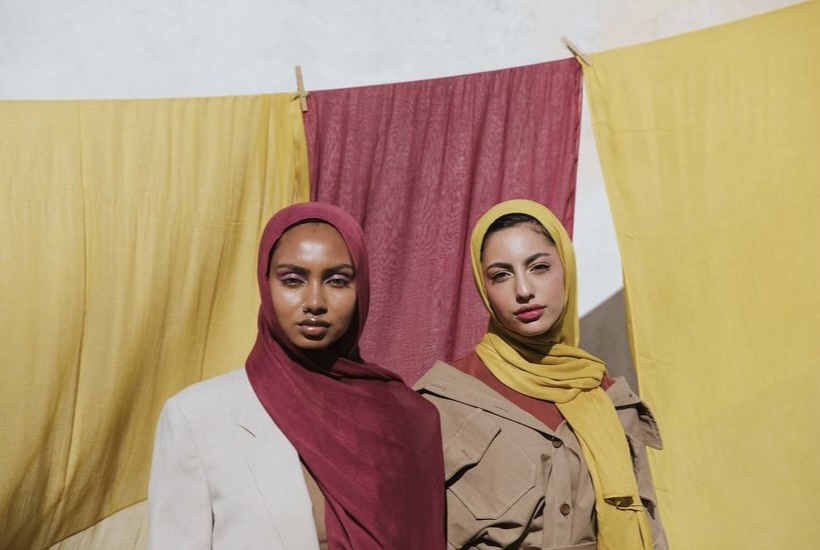Nigeria Protests: Organizing for a better world
A revitalization of protests demanding an end to the Special Anti-Robbery Squad (SARS), a brutal Nigerian Police Force linked to human rights violations.
*Fifth article in a series on protests around the world*
**TW: Police brutality, extrajudicial killings, disappearances, torture, kidnapping, shootings **
In the early 1990s, the Special Anti-Robbery Squad (SARS) was established by Police authorities in Lagos, Nigeria to combat armed robbery in the city and its suburbs through undercover operations.
According to Tarila Marclint Ebiede in a 2020 article for the Washington Post about the protests in Nigeria, SARS would later become a part of Nigeria’s national police strategy to fight armed criminals. Soon after, the unit began operating with no real accountability and committed regular human rights violations.
Verified victims’ reports showed that SARS officers regularly engaged in extreme abuses of power and severe forms of brutality, including extrajudicial killings, enforced disappearances, torture, armed extortion and kidnapping. These complaints were largely ignored by those in power for years.
In 2018, the federal government set up a committee to investigate the reports made against SARS. However, this committee’s findings were never made public and despite repeated calls for the demobilization of SARS over the years and broken promises by the government to do exactly that, no action was taken against SARS or any of the officers involved in these abuses.
“The hashtag #EndSARS began trending (again) on social media on Oct. 4. The immediate trigger was a video that showed a SARS officer shooting a young motorist in Ughelli, in Delta state, then pushing his body out of the car and driving off with the dead man’s Lexus SUV. Within days, crowds of young people gathered in Nigerian cities to demand the abolition of SARS.” Said Abosede George in a 2020 Washington Post article.
On Oct. 11, 2020, within a few days of renewed protests, the Nigerian Police Force announced the dissolution of SARS, effective immediately.
Muhammed Adamu, inspector general of police, also declared that all SARS officers would be redeployed to other police commands, formations and units. However, as these officers were still not being held to account or re-trained, this action did not meet the demands of the protestors, and thus demonstrations continued.
The state responded with increased levels of violence to the sustained protests. On Oct. 20, 2020, a night that would become known as Black Tuesday in Nigeria, “[i]n a darkness broken only by the blue light of cellphone screens, the sound of gunshots rang out as the army and police fired into a crowd of young people who had gathered at Lagos’s Lekki toll gate to protest the Special Anti-Robbery Squad (SARS),” said George, going on to explain that “[s]ince the protests began, estimates are that at least 100 individuals have lost their lives; 48 of whom were killed on Black Tuesday alone.”
A lot is still unclear about what unfolded that night, the article “#ENDSARS MOVEMENT: FROM TWITTER TO NIGERIAN STREETS” from Amnesty International sheds some light on the events of that night, as well as the efforts from the government to hide them.
“Testimonies of eyewitnesses and families and analysis of hours of footage and images tell the shocking truth of that day.” Nigerian security forces began shooting into the air and at protestors. Later that night local hospitals reported civilians bringing in protestors with gunshot wounds and cuts.
Initially, the government denied not only the loss of life tied to that night, but also the military’s role in those murders. Evidence now suggests that electricity was cut off and cameras were sabotaged minutes before the security force opened fire. Ambulances were even blocked from reaching injured protestors in the aftermath and many people were missing after that night.
It is clear, from these events and many others around the world, that a state will use whatever means it deems necessary in order to maintain its power. The state possesses a monopoly on violence, and it has control over the mainstream narrative. These things make it incredibly difficult to generate real, lasting change, to sustain a movement and to gain broad support.
As was made painfully clear by the events of Black Tuesday, the state can murder dozens of people and injure significantly more while, essentially, getting away with it. For a long time, the official numbers and the official records were in no way reflective of the reality that people saw on the ground that night.
The word of the state is the default, and it is up to us to combat that. This is one way that we can disarm the state and empower the masses. When the narrative no longer serves the state it may serve the truth.



